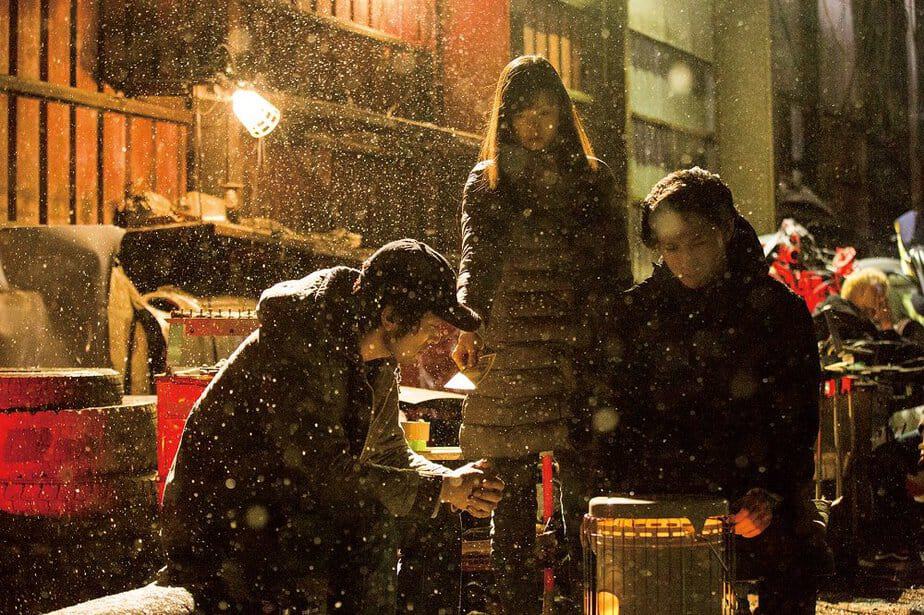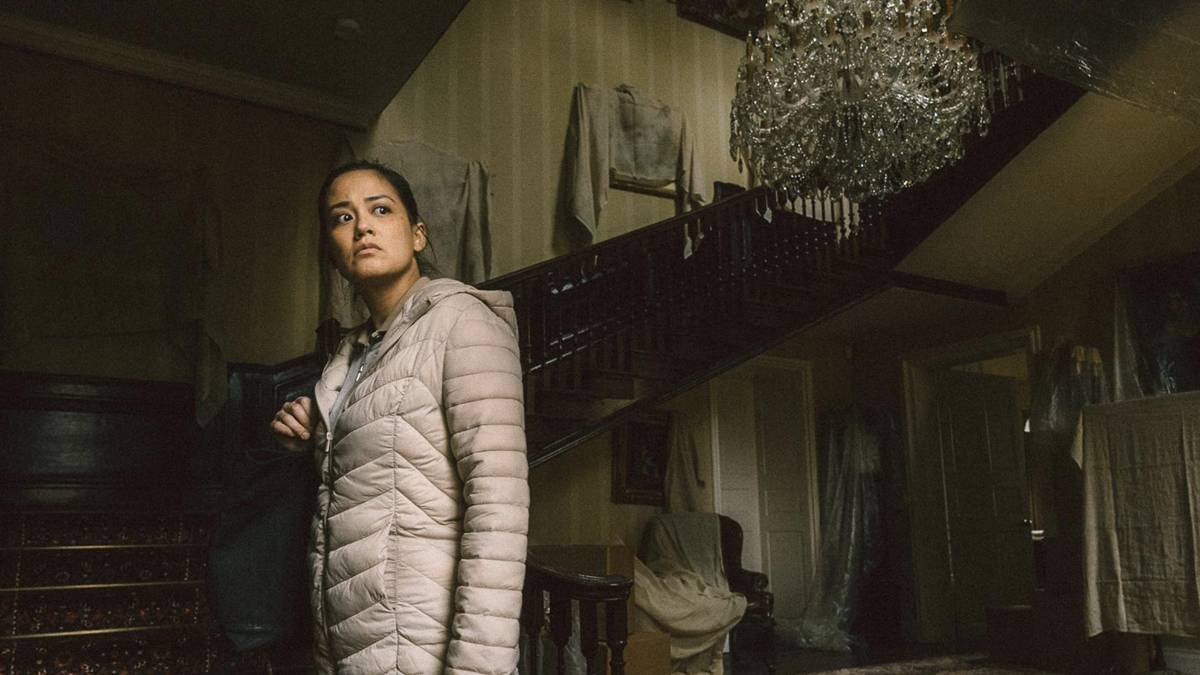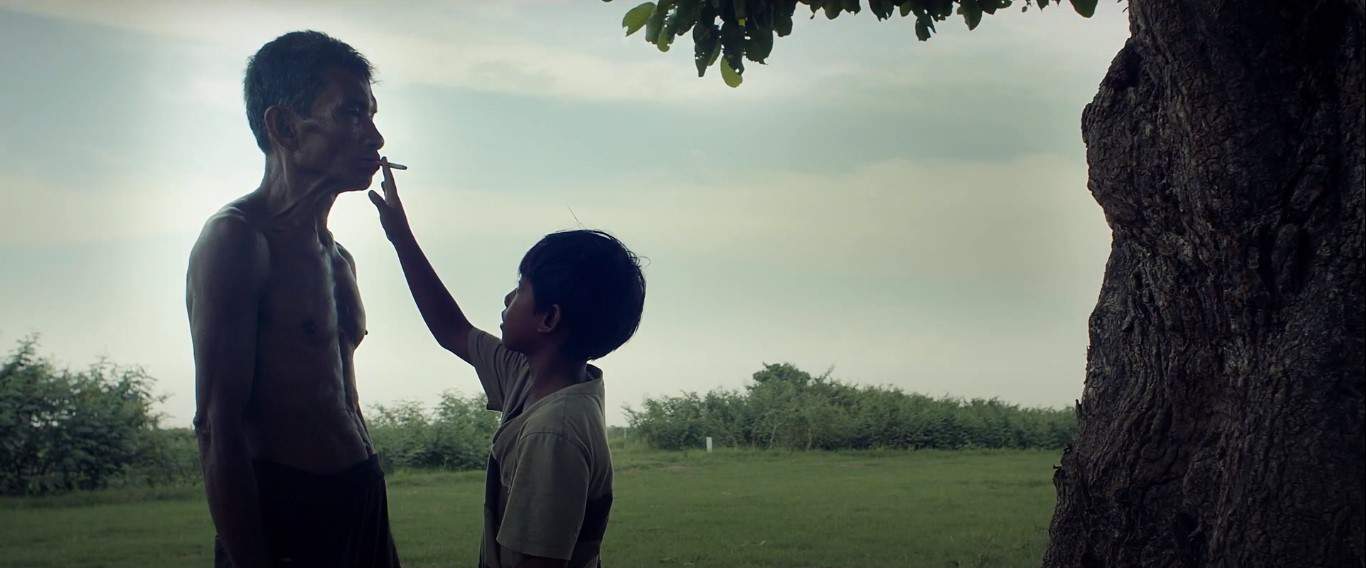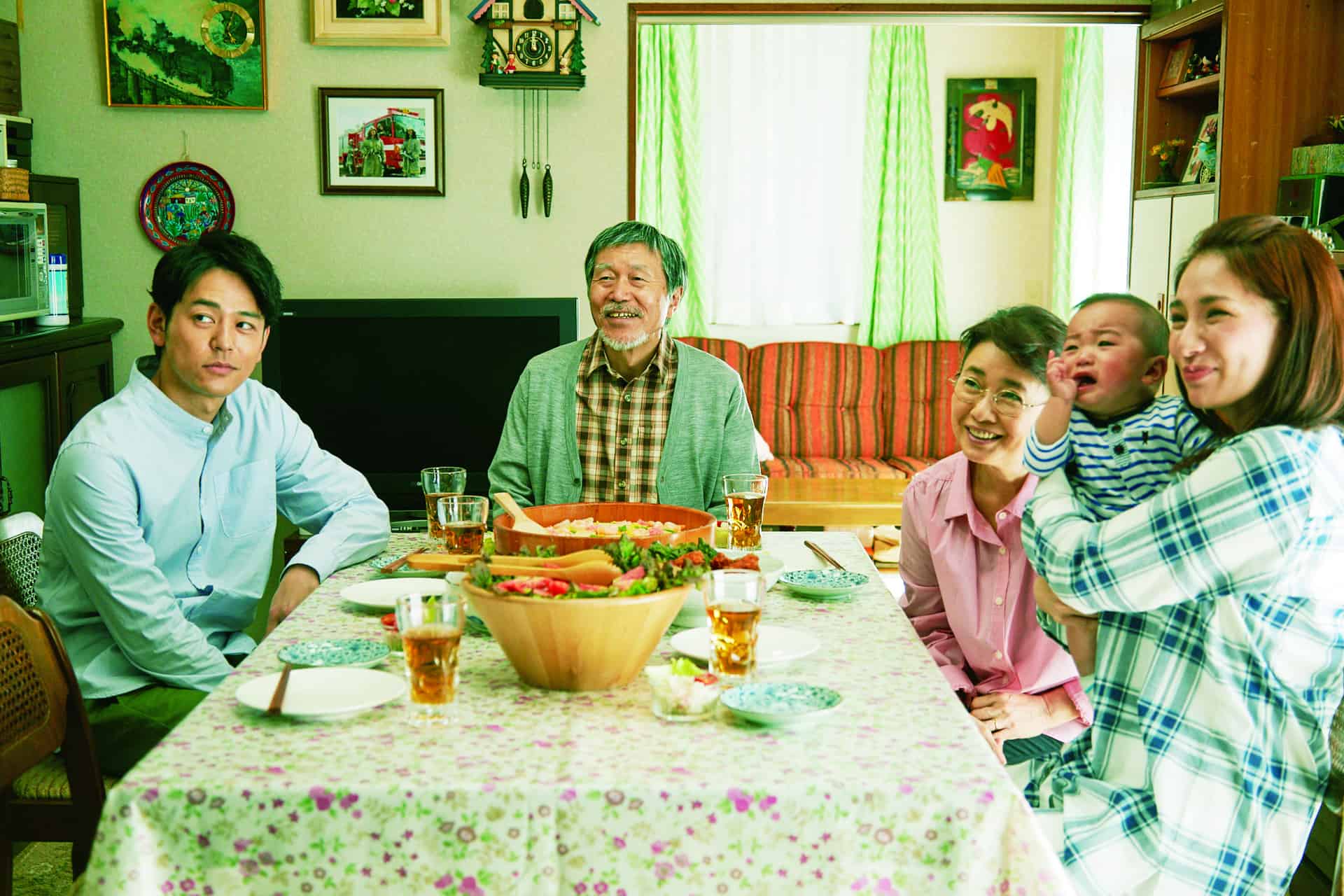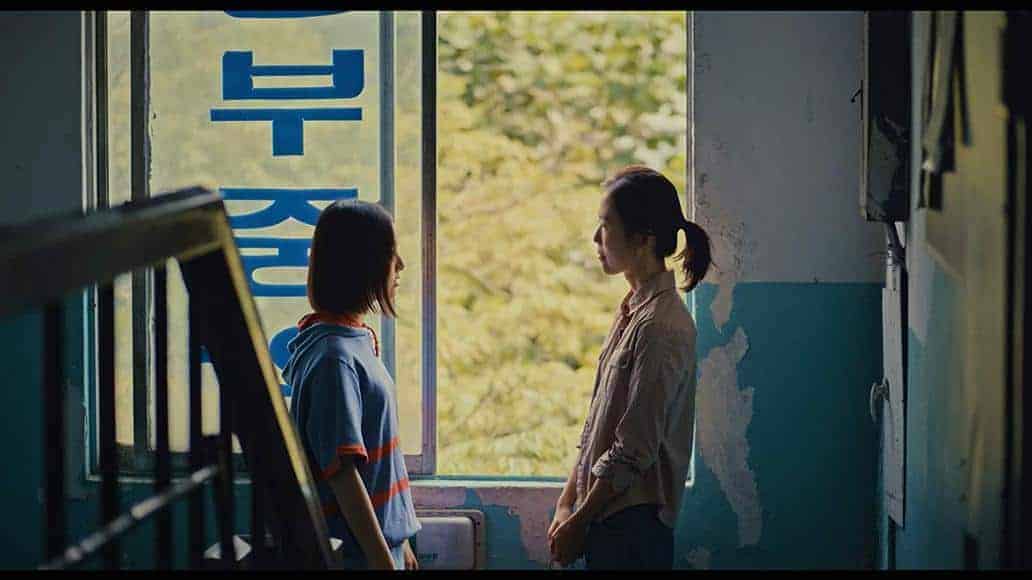Revenge might be said to be a dish best served cold, but Michihito Fujii's new film “Day and Night” questions if it needs to be served at all. The film, produced and co-written by Japanese superstar Takayuki Yamada, will be screening at Fantasia International Film Festival 2019.
“Day and Night” is screening at Fantasia International Film Festival

Koji Akashi returns home from Tokyo following the suicide of his father, a whistleblower for a large automobile company. As his father's extreme step has left the family debt-ridden and hounded by debtors as well as workers of the automobile company, Akashi decides to stay back to help his mother and young sister and to find the truth about the mystery that surrounds his father's death. In his search for truth, he meets Kenichi Kitamura, a suave man who alleges that he has a debt of gratitude towards Akashi's father and decides to take Akashi on his employ, working not only in the kitchen at the orphanage he runs, but also as an integral part of the carjacking gang he operates come nightfall, which funds the orphanage. Akashi takes to this new life like a fish to water, all the while harbouring thoughts of finishing his father's work and taking revenge on the company and its CEO Yohei Miyaki. But how much at fault is the company? How right was Akashi's father? How much can Kitamura be trusted? And whose face is that drenched in blood in the film's opening shot?
The film poses many such questions to the viewer before successfully answering every one by the end of the film. The script, written by Kazuhisa Kodera, Takayuki Yamada, director Michihito Fujii as well as lead star Shin'nosuke Abe keeps the viewers guessing and thoroughly invested. How it manages to be a blend of a mystery, crime thriller and family drama is commendable. Equally impressive is Michihito Fujii's command over all three, seamlessly transitioning between them at regular intervals.

Like the film's title, almost all the characters have two sides, a day and a night, a bright and a dark, where neither can survive without the other. Akashi's criminal life and the rage he nurtures within him cannot survive without the love he has for his family and late father, just like Kitamura's care at the orphanage cannot survive bereft of his own criminal activities, and vice versa. The importance of a family, and not just one that binds you by blood, is also well explored. While Ando has his own mother and sister to look after, he'd much rather spend time at the orphanage, a family unit unto itself. Kitamura, who has grown up in orphanages, certainly considers this one family, much like he does his gang of carjackers, both of which he has built from the ground up. Meanwhile Nana, the eldest child in the orphanage, wants to look for her real family, in spite of loving the orphanage very much.
Some may gawk at the film's 134 minutes length but it makes the most of it, without feeling stretched at any point. As engrossing at the story is with its unpredictability and three dimensional characters, Keisuke Imamura's cinematography does just as well a job of keeping the audience's attention captivated, doing an excellent job in both capturing the days and nights of the small cloudy seaside town punctuated by several windmills. Yes, there's days, but there's no sunshine in the lives of the characters, both figuratively and literally. There's nights too, but there's no rest or peace either. The lives of these characters are scored by Yusuke Tsutsumi's slow music which reaches crescendos during the thrilling crime scenes.

If the world lensed by Imamura is catching, it is the actors residing within that enrich the world. The ruggedly handsome Shin'nosuke Abe and the suave Masanobu Ando are both perfectly cast for Akashi and Kitamura respectively, the former bringing an earthy charm while the latter bringing an otherworldly sense of mystery to their characters. Tetsushi Tanaka adds “Day and Night” to a long list of wonderful supporting roles as CEO Miyake, but it is Kaya Kiyohara who really surprises with her delicately nuanced performance as Nana. The scene in the kitchen where Nana asks Akashi about his Tokyo life and girlfriend, for one, is an excellent showcase for both her and Abe's talents.
Filled with a completely engrossing story that blends genres effective, fantastic performances by good looking actors and similarly attractive cinematography, “Day and Night” proves to be a strong entry in director Michihito Fujii's filmography and one that deserves to be sought out.


